7-Month-Old Baby
7-Month-Old Baby
I like that song, Mommy! Sing it again, and again … and again.
Main Topics
Highlights
Lots of playing, exploring, discovering and learning is on this month’s agenda.
Watch, too, for your little one’s budding sense of humor to emerge, keeping you very busy, but also laughing. If your baby hasn’t already started sitting up or sprouted that first tooth, this could be the month! And some super ambitious babies may even begin to creep or crawl by now.
Here’s what else is happening with your 7-month-old.
Your 7-month-old baby's development
Month 7
Baby’s Development

By this month your baby will be rolling back and forth, from tummy to back and back to tummy. She likely will be able to get from tummy to a sitting position and stand holding on to someone or something.
Your active cutie may also be crawling up a storm (or not, since crawling is not considered a developmental “must-do”).
Some babies start crawling, creeping or scooting as early as 6 or 7 months, especially if they’ve had plenty of supervised tummy time, but because babies spend less time on their bellies, more babies are crawling later these days, around 9 months or so.
As long as other important developmental milestones are being reached (such as sitting up unsupported — a skill babies must master before they can tackle crawling and usually do around now), late crawling or even no crawling at all is not cause for concern.
If your baby is part of the crawling set, keep in mind that there’s no definitive way to crawl (styles may vary). Many babies begin crawling backward or sideways, some scoot on one knee or on their bottoms, and others travel on hands and feet.
How baby gets from point A to point B isn’t important. But since your baby is getting a move on, it’s important to choose playthings that get your little one moving too, such as toys on wheels that your baby can push across the room while crawling or scooting, balls that baby can roll, musical toys that get baby rocking and rolling, and toys that encourage your little one to pull up to standing, such as an activity table or a sturdy push toy that won’t roll away.
At a Glance

Sleeping basics
At this age, babies typically sleep about 11 hours at night — many straight through — and take two daily naps that add up to three to four hours.

Feeding basics
Your baby should get 24 to 30 ounces of breast milk or formula a day and 4 to 9 tablespoons of cereal, fruit and vegetables daily, as well as 1 to 6 tablespoons of protein foods.
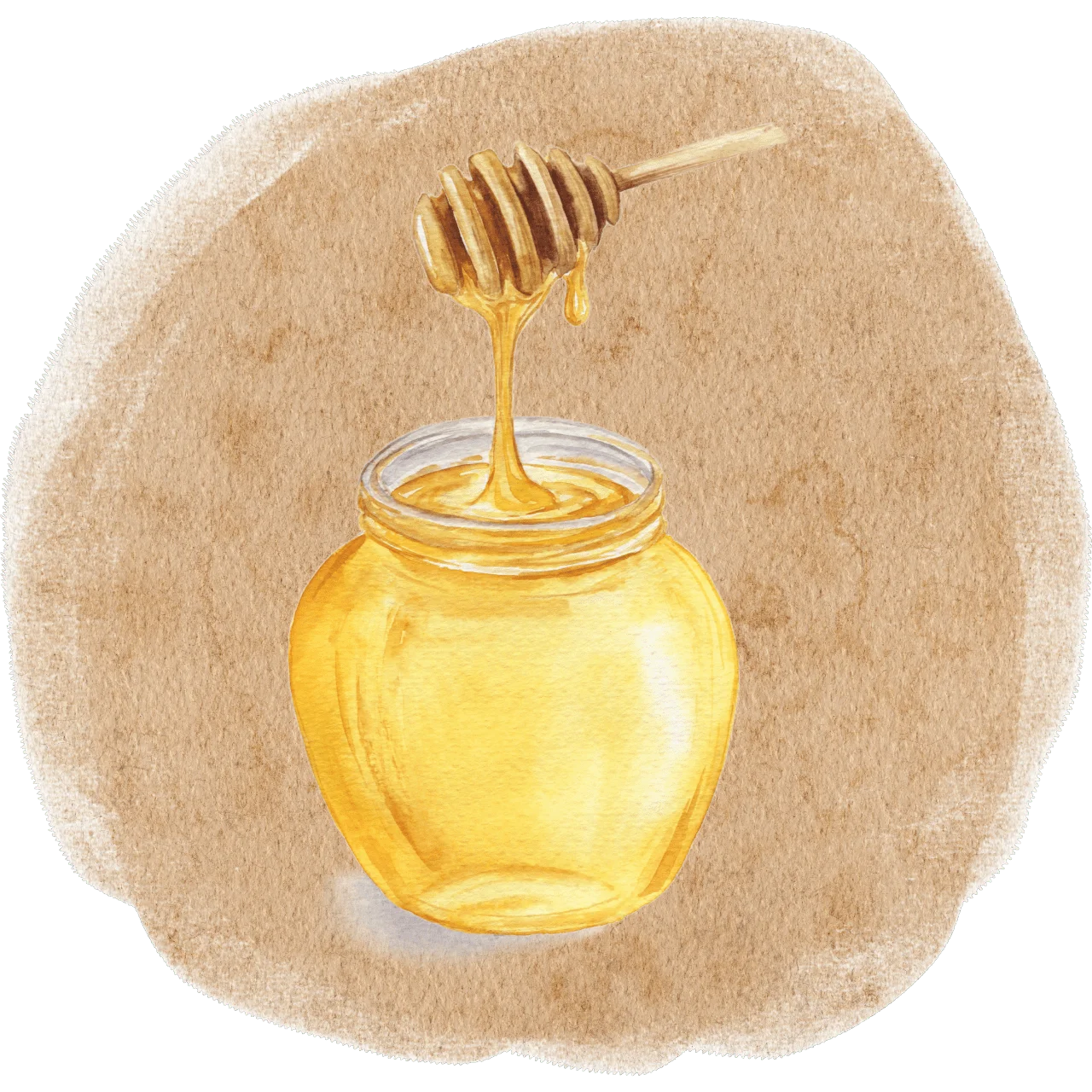
Did you know?
Eating honey and drinking cow’s milk and fruit juice are off-limits for babies under age 1.
Your 7-month-old baby's growth

Your bouncing baby is slowly making the way up the growth charts, gaining about 1 to 1¼ pounds in weight and growing about ½ inch to ¾ inch in length this month.
If you’ve been following your baby’s weight and length changes at each doctor visit and noting where the stats fall out on the standard growth chart, you’ll see a personal growth curve emerging — one that your little one will most likely continue to progress along throughout the first year.
How does your baby keep up that incredible growth? With a steady diet of breast milk (your baby will nurse about four to six times a day) or formula (expect about three to four bottles filled with 7 to 8 ounces of formula a day) and solids.
As baby becomes a more experienced eater, expect anywhere from 4 to 9 tablespoons of cereal, fruit and vegetables each per day, spread out over two to three meals.
As protein foods — meat, chicken, fish, whole milk yogurt, cheese and tofu — are added to your cutie’s diet, expect your little muncher to eat anywhere from 1 to 6 tablespoons of those per day as well.
Your 7-month-old baby's health

Babies and food allergies
Food allergies in babies occur when their bodies’ immune systems treat food as a potential threat. Usually, the symptoms — such as hives, skin rashes, sneezing, vomiting and, in rare, severe cases, trouble breathing — appear within the first 30 minutes to two hours after being exposed to the food.

Decoding your child's cough
A “wet” cough — which involves coughing up mucus — is likely caused by a cold, especially if she also has symptoms such as a sore throat, runny or stuffy nose, sneezing, headaches and a mild fever. A “dry cough” — one in which there’s no mucus coming up — can be caused by things such as tobacco smoke.
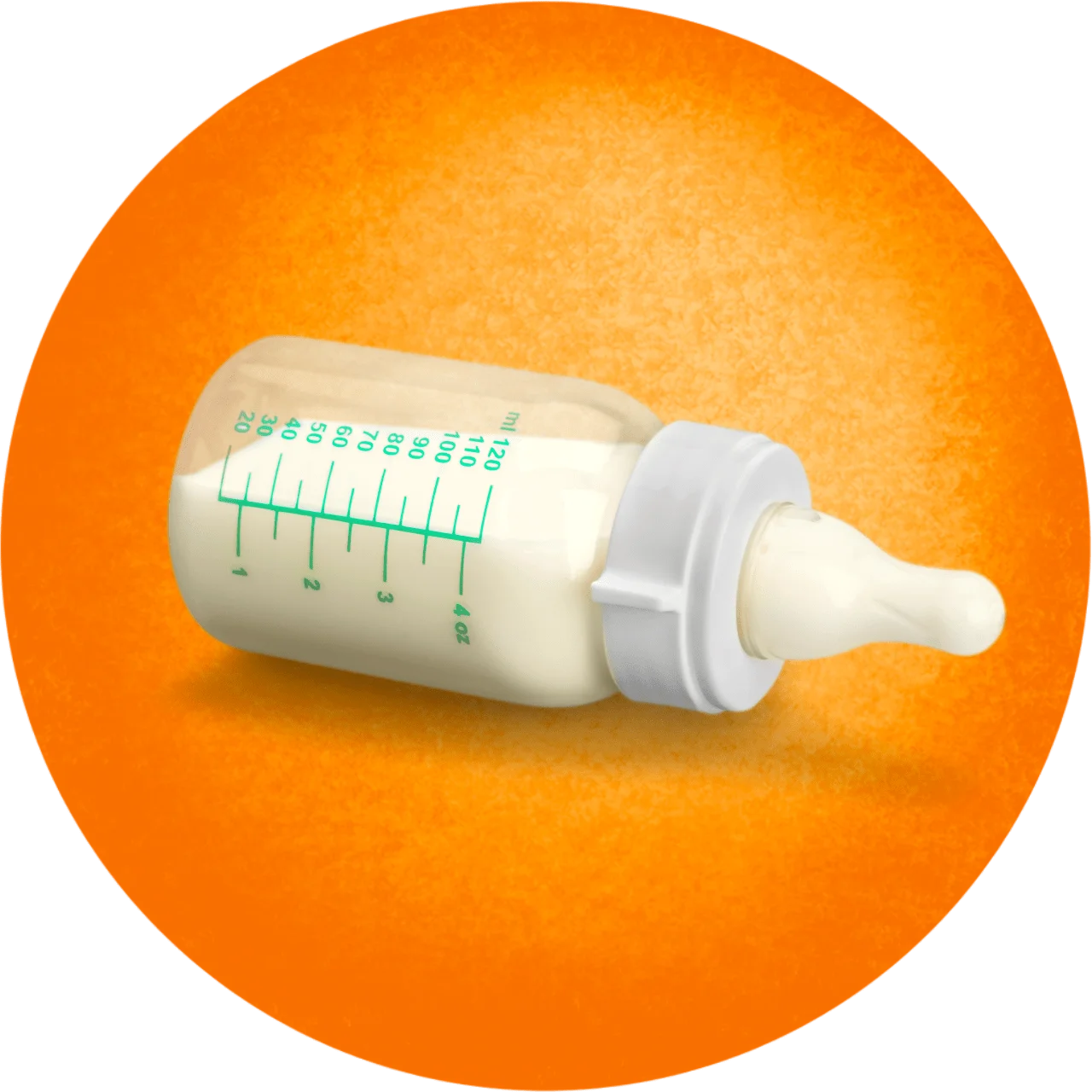
Dehydration in babies
Babies’ little bodies can’t store a lot of fluids, so dehydration can happen quickly — especially if she’s exposed to extreme temperatures or loses fluids from vomiting or diarrhea.

Can my little one drink water yet?
If your baby has already started solids, you can start giving her water to drink out of a sippy cup. Many doctors recommend that babies drink small sips of water when it’s very hot outside to reduce the risk of dehydration, but check with your pediatrician beforehand.
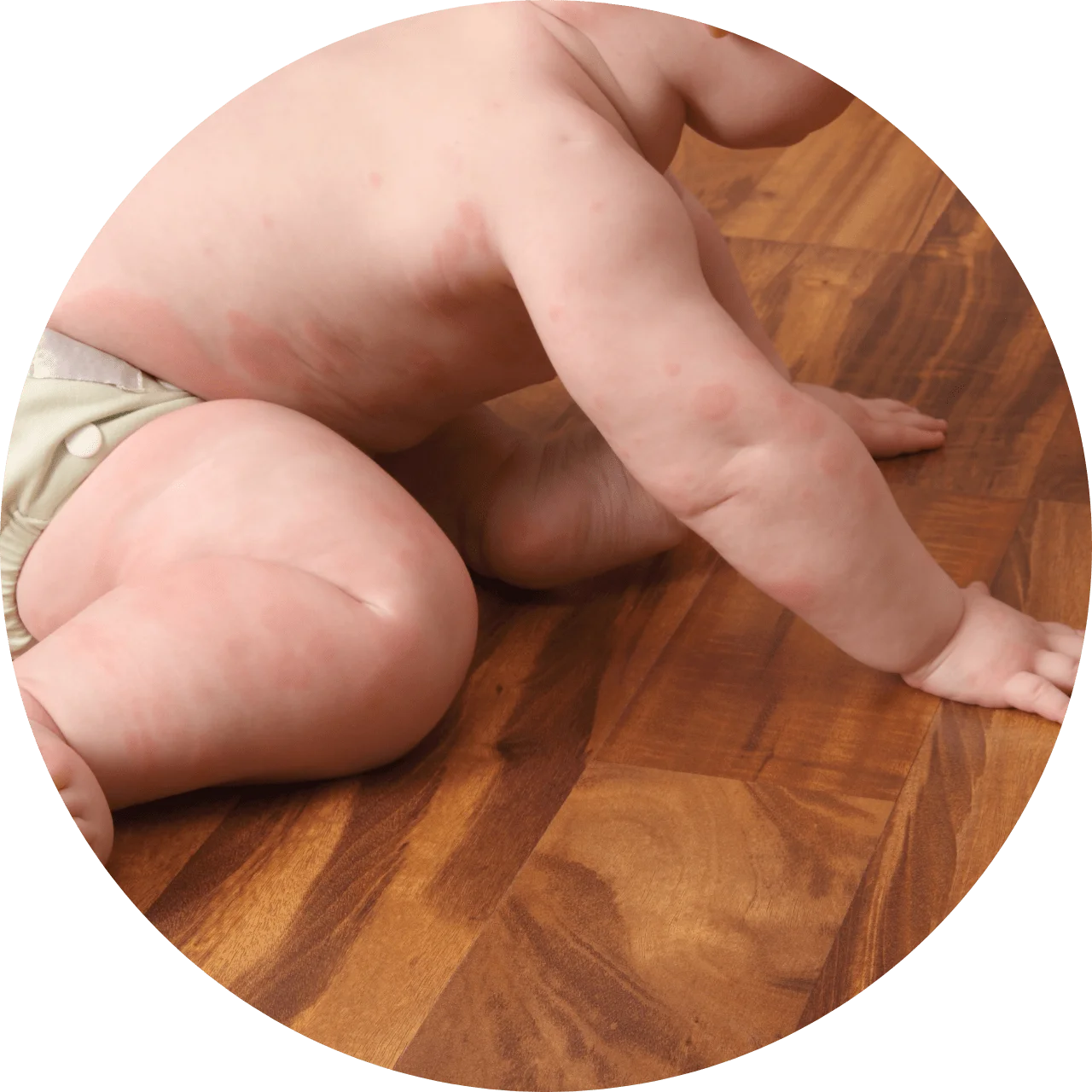
Baby hives
Hives are an allergic reaction that appear as red, raised bumps. Oftentimes, they have a pale center and tend to cluster in one area. Some of the most common culprits: food allergens (like peanuts), dust, pollen and insect bites.
Postpartum & new baby tips
You know that song your 7-month-old baby seems to love? Hope you like it too, because you’ll likely be called upon to sing it about a thousand times — and when you’re done, your 7-month-old will be begging for an encore.
Babies (and toddlers and even preschoolers) love predictability. It gives them a sense of power and mastery: “See how smart I am! I know what’s going to happen next.” So play it again, Mom (or Dad)!
Easier said than done, of course, but sufficient slumber for tired, busy parents is essential for good health — an exhausted body is more susceptible to illness.
If your baby doesn’t sleep through the night, repay your sleep debt by napping with your little one during the day, making sure you hit the sack early. Relaxation techniques such as meditation, deep breathing and stretching can also help reduce fatigue and enhance energy.
Why it’s worth celebrating: Baby’s ability to bring two hands together means that she is developing hand-eye coordination and fine-motor skills — both of which will eventually allow your little one to do things like catch a ball and hold a crayon.
How to make the most of it: Clapping is contagious, so put your own hands together whenever your baby does anything worth cheering for. Don’t forget to say “yay!” a bunch too.
Now that she can clap, your little one will also enjoy patty-cake a lot more, since she’ll be able to do at least some of the hand motions.
Worried about the germs on your floor? Sure, they’re there, but they don’t amount to a surplus, and there aren’t any that she hasn’t already encountered in all that playtime at your feet.
Even unfamiliar floors — at a friend’s house, say — don’t often harbor dangerous bugs. Which means it’s probably okay to hand back the bit of cracker or rice cake that just dropped on the kitchen floor and let baby finish it.
But because bacteria can multiply frequently on wet surfaces, the ick factor is just too high on bathroom floors or any place with puddles — or on a once-sodden biscuit that your baby has abandoned and then rediscovered hours later.
And outside, you have pet waste and other nasty stuff to worry about. In those cases, you’re better off confiscating any fallen food and replacing it with fresh stuff (so always have some spares handy).
Butternut squash and sweet potatoes are great baby food choices. Why? These vibrantly hued veggies aren’t just packed with flavor — they also contain a healthy dose of vitamin A, which boosts your baby’s eyesight and immunity.
Cut a batch of vegetables into chunks and roast them in the oven at 425 degrees Fahrenheit. Then set some apart to serve as a side dish at the adult dinner table. Puree the rest for your baby until smooth, adding a pinch of cinnamon to tantalize your baby’s tiny taste buds.
A new plushy friend or homemade sock puppet might inspire you to sing a different song, tell a brand new story, play an unfamiliar game or even just try on a funny accent.
Maybe your previously picky eater will open wide for lunch if a puppet is wielding the spoon. Or perhaps your bath-averse baby will enjoy the tub more if you use a washable puppet bath mitt — one that chats and entertains as she works, of course.
Just like stuffed animals and dolls of all shapes and sizes, puppets are stand-ins for people. That means they offer lots of learning opportunities. Puppets can play peek-a-boo, act out stories or songs, and keep your baby company in unfamiliar places.
The give-and-take she enjoys with that puppet buddy is a perfect precursor to playing with a (human) friend — it’s a super way to build social skills.
Formula and baby cereals are iron-fortified for a reason: Not only does this mineral play a vital role in the production of hemoglobin (a protein in red blood cells that carries oxygen throughout the body), but iron also helps brain development — including building motor skills and memory.
Make sure your baby gets 11 milligrams of iron a day by offering iron-fortified formula or cereal as well other iron-rich foods (once she’s eating solids), including meat, chicken, fish, eggs, avocado, broccoli and spinach.
Items Recommendation
-
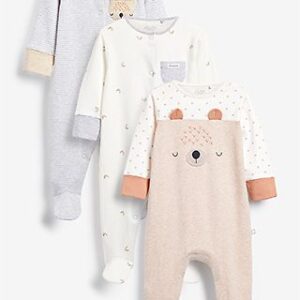
Onesies
Br50.00Add to WishlistAdd to cartAdd to Wishlist -
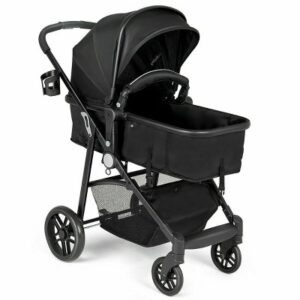
Stroller
Br32.00Add to WishlistAdd to cartAdd to Wishlist -
Sale!

Baby bottle
Br25.00 – Br30.00Add to WishlistSelect options This product has multiple variants. The options may be chosen on the product pageAdd to Wishlist



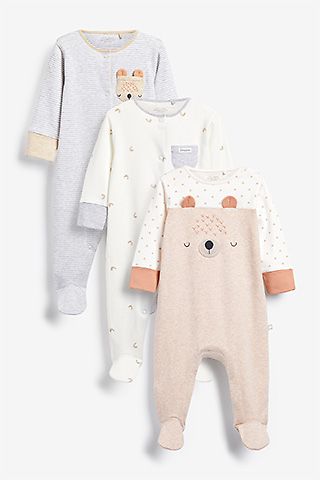
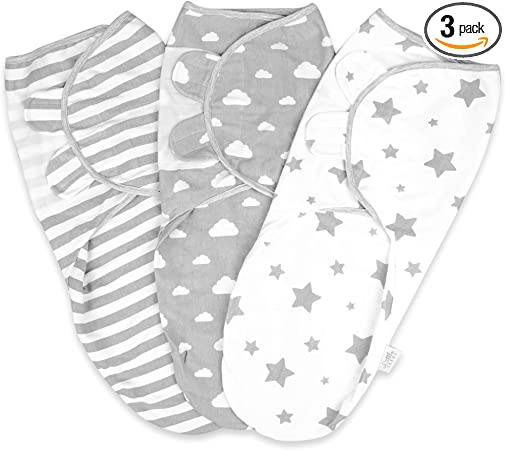
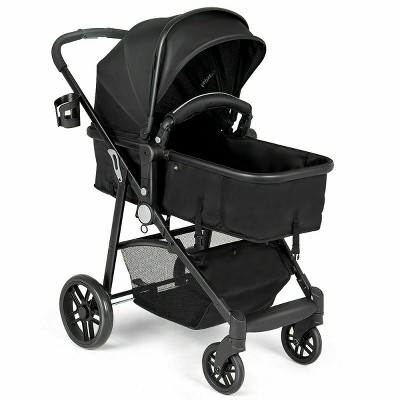

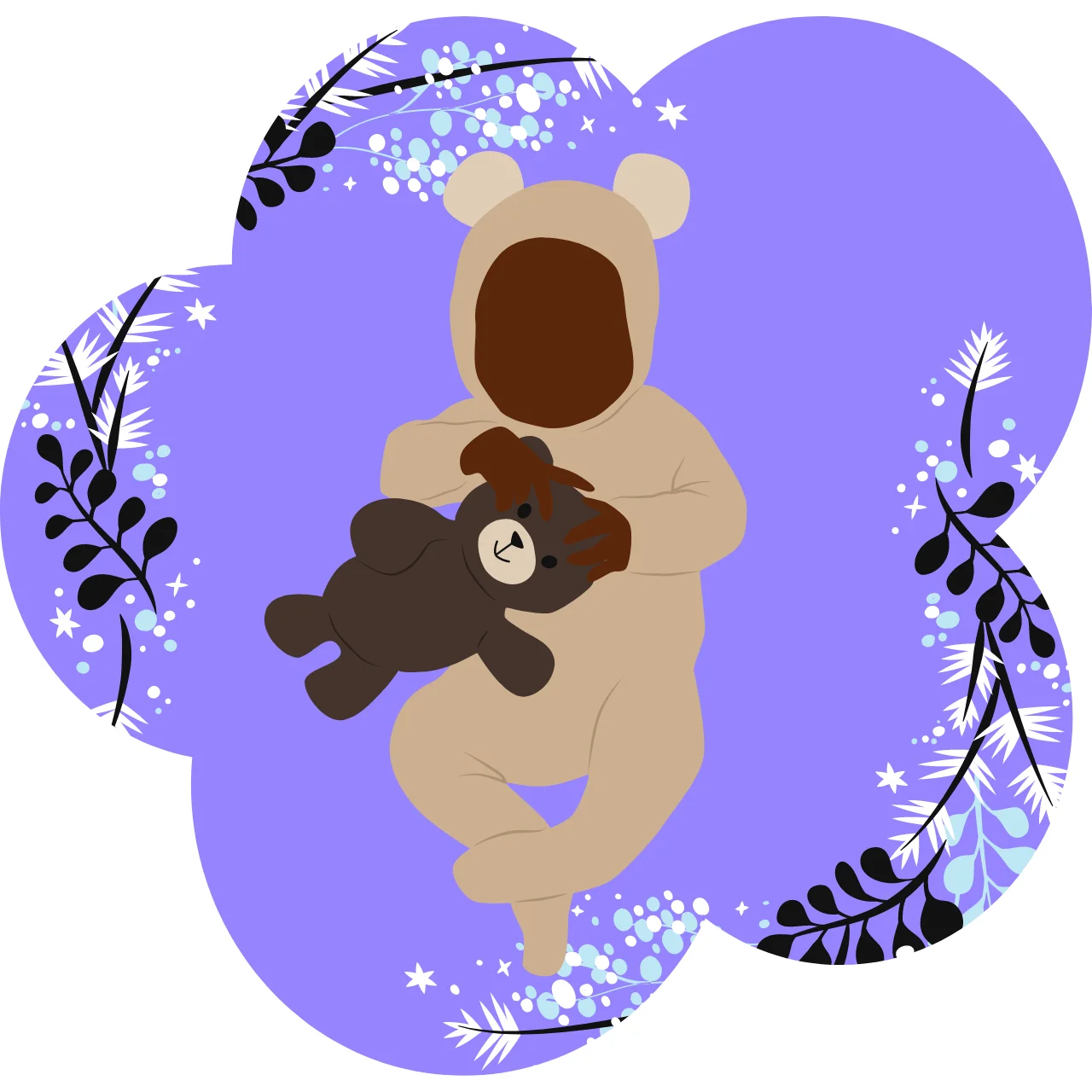
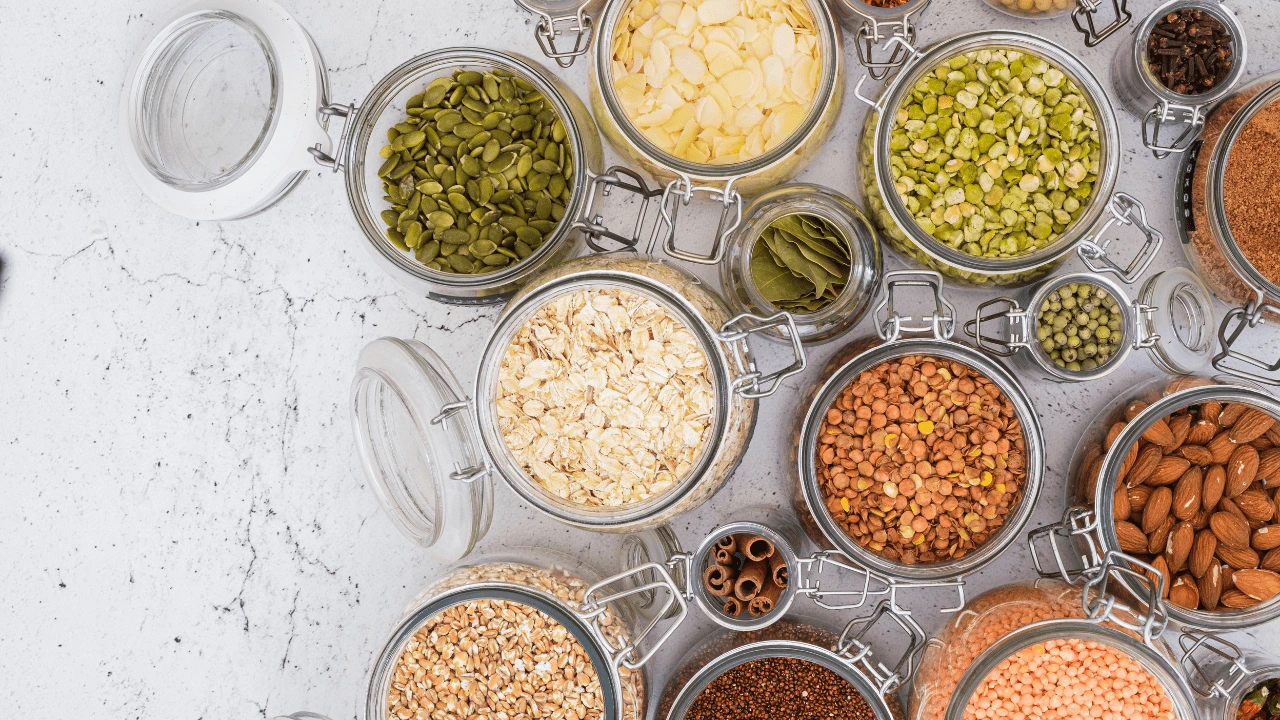
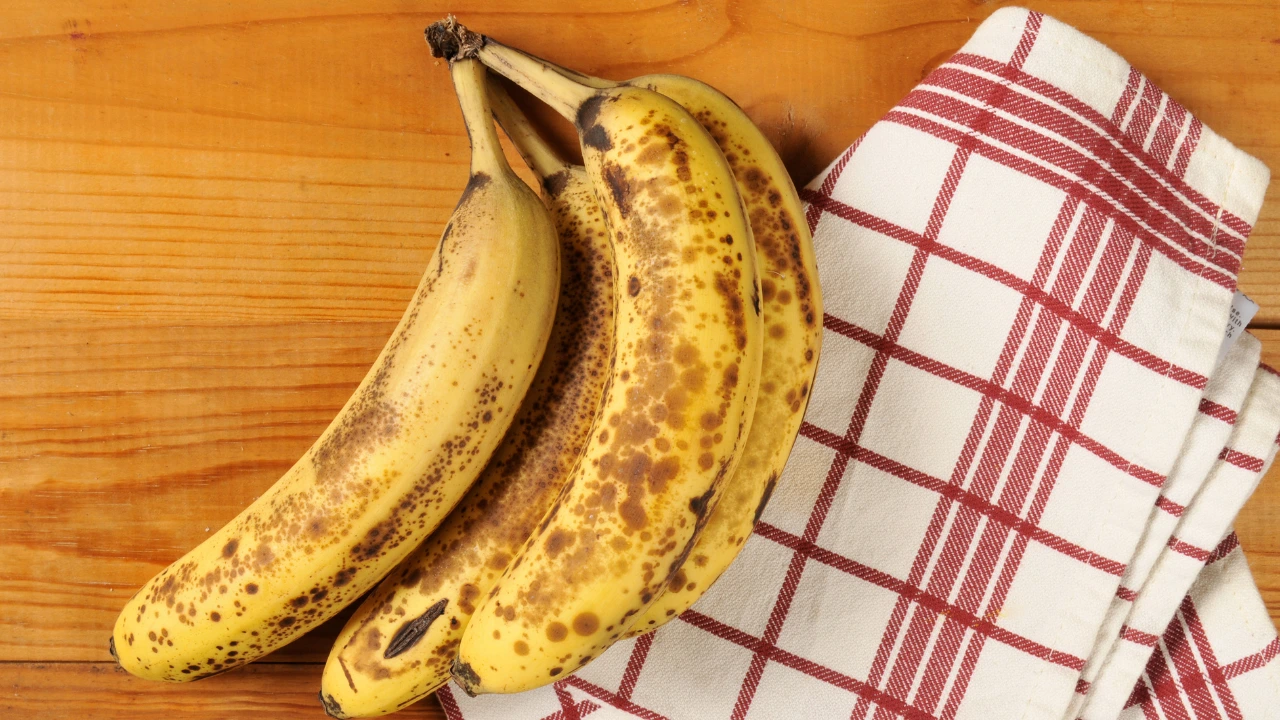
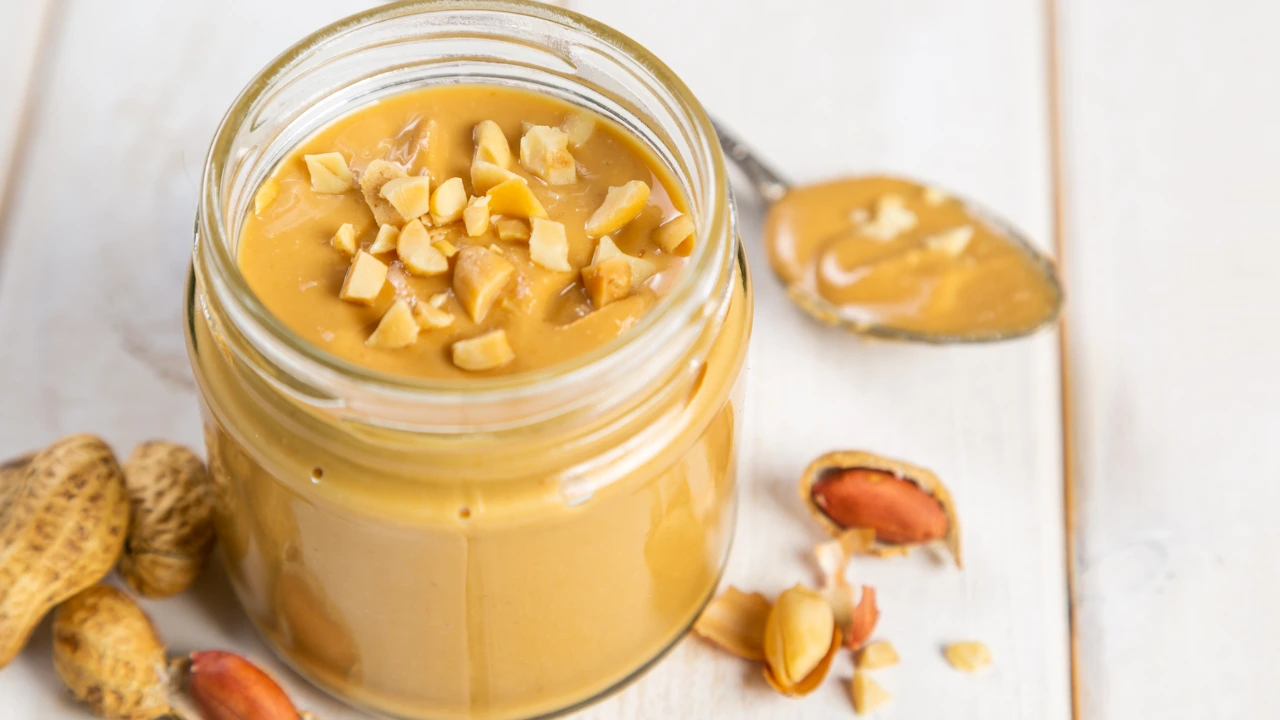
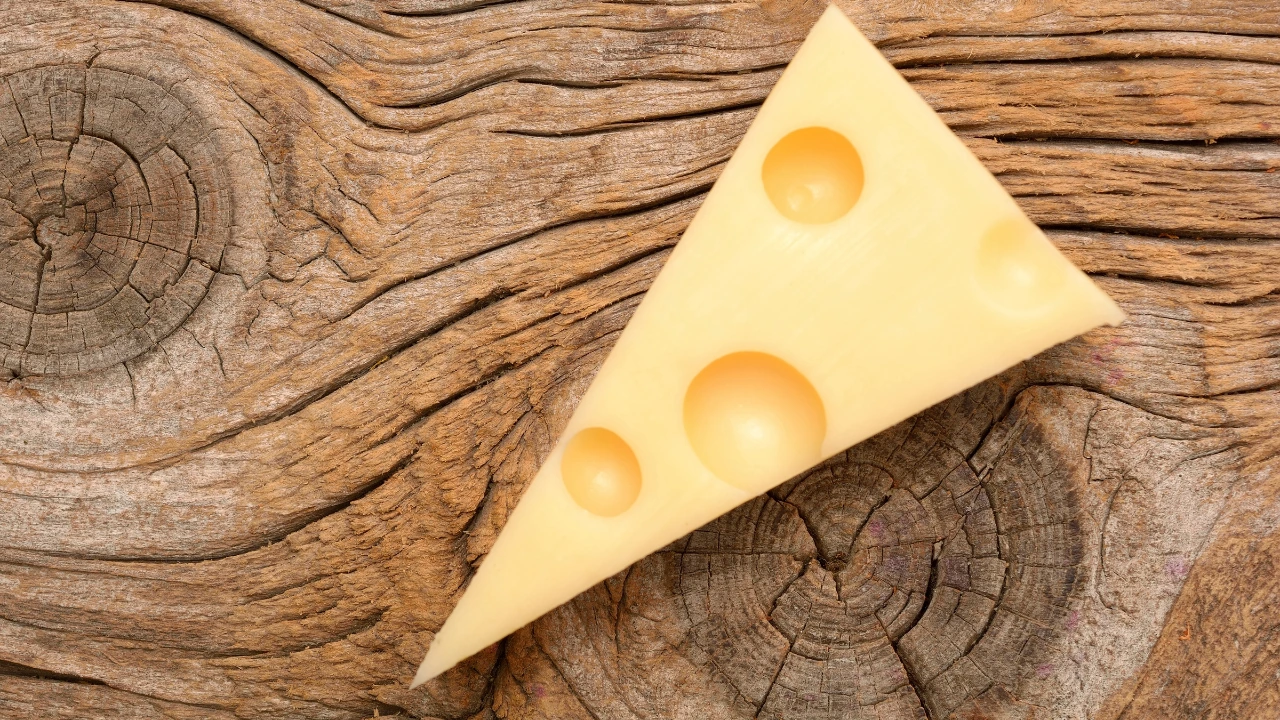
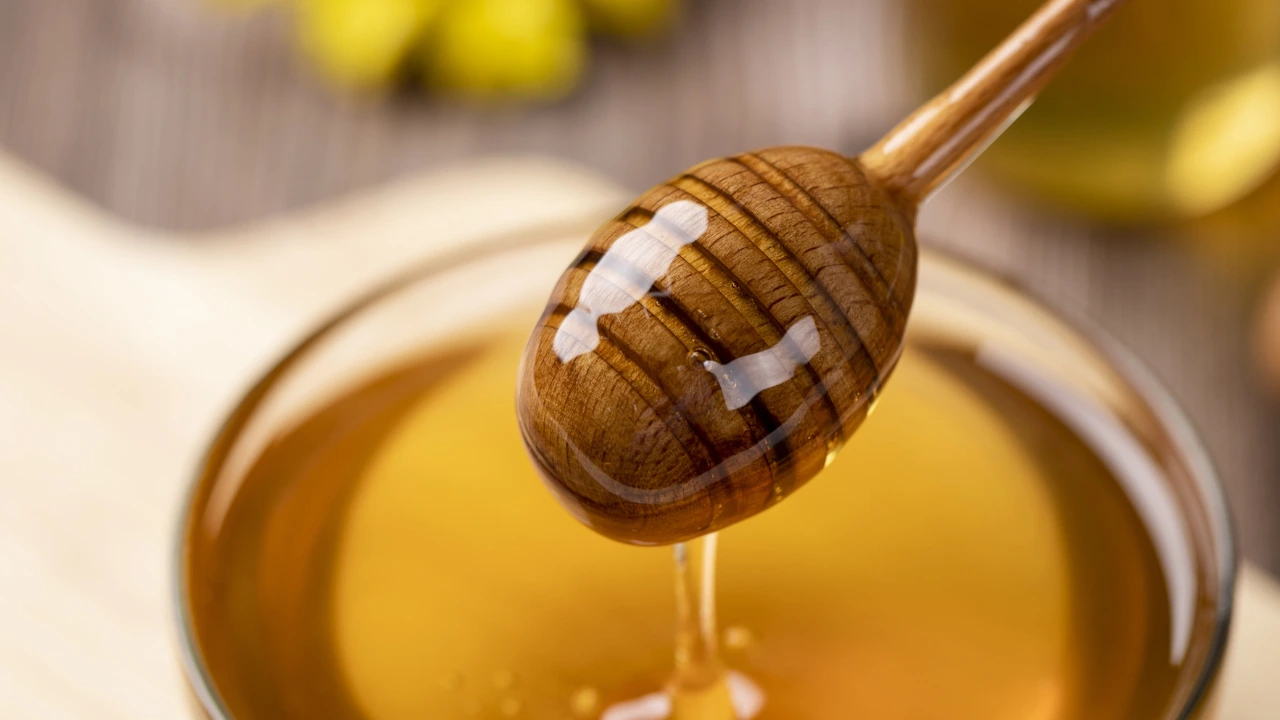
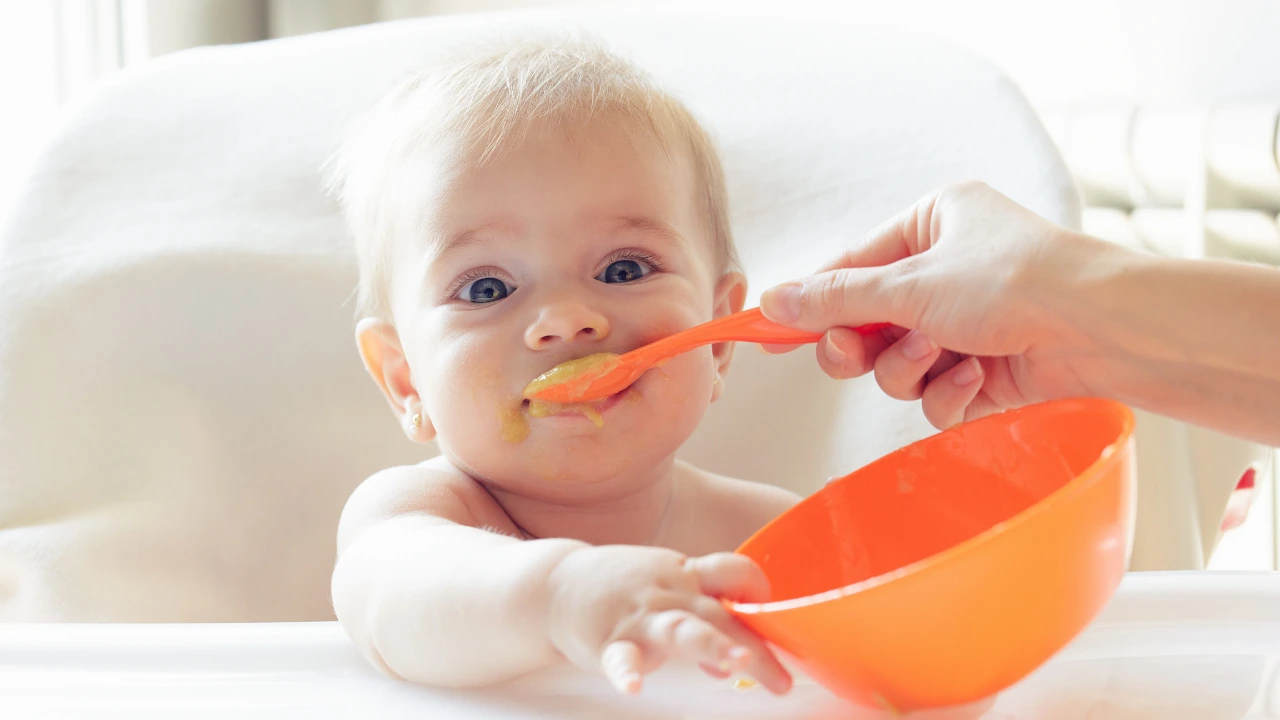
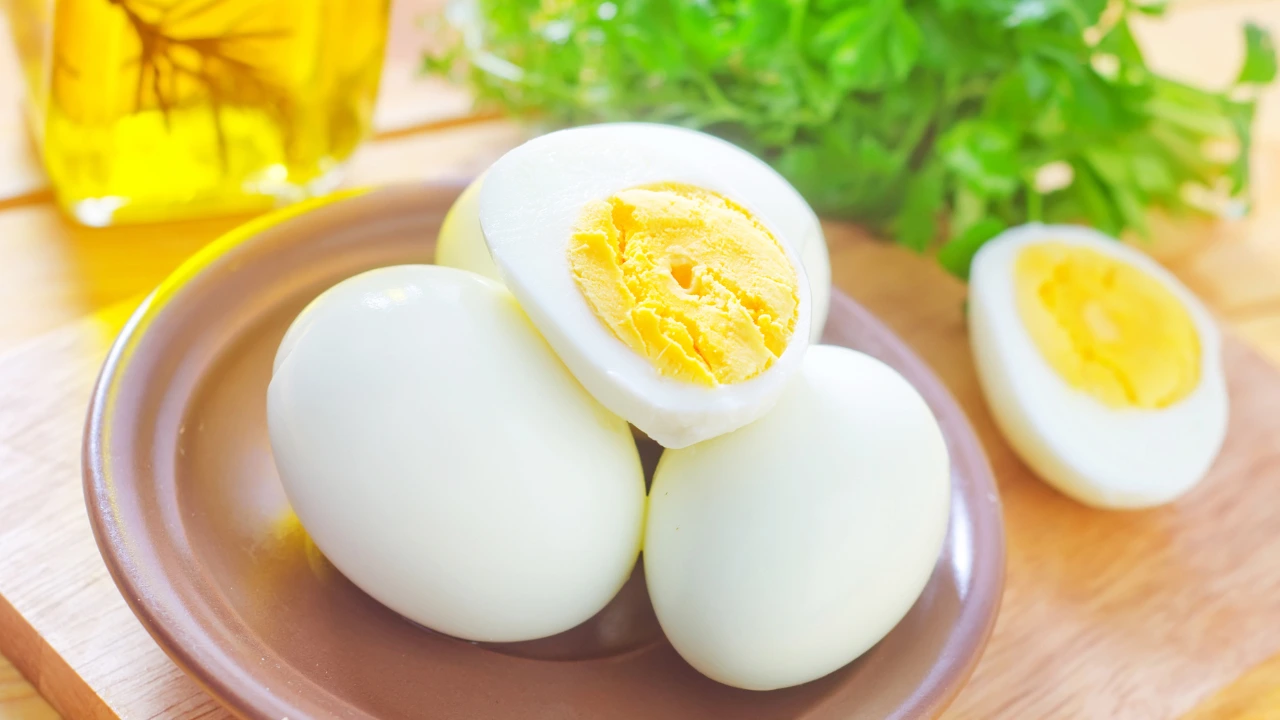

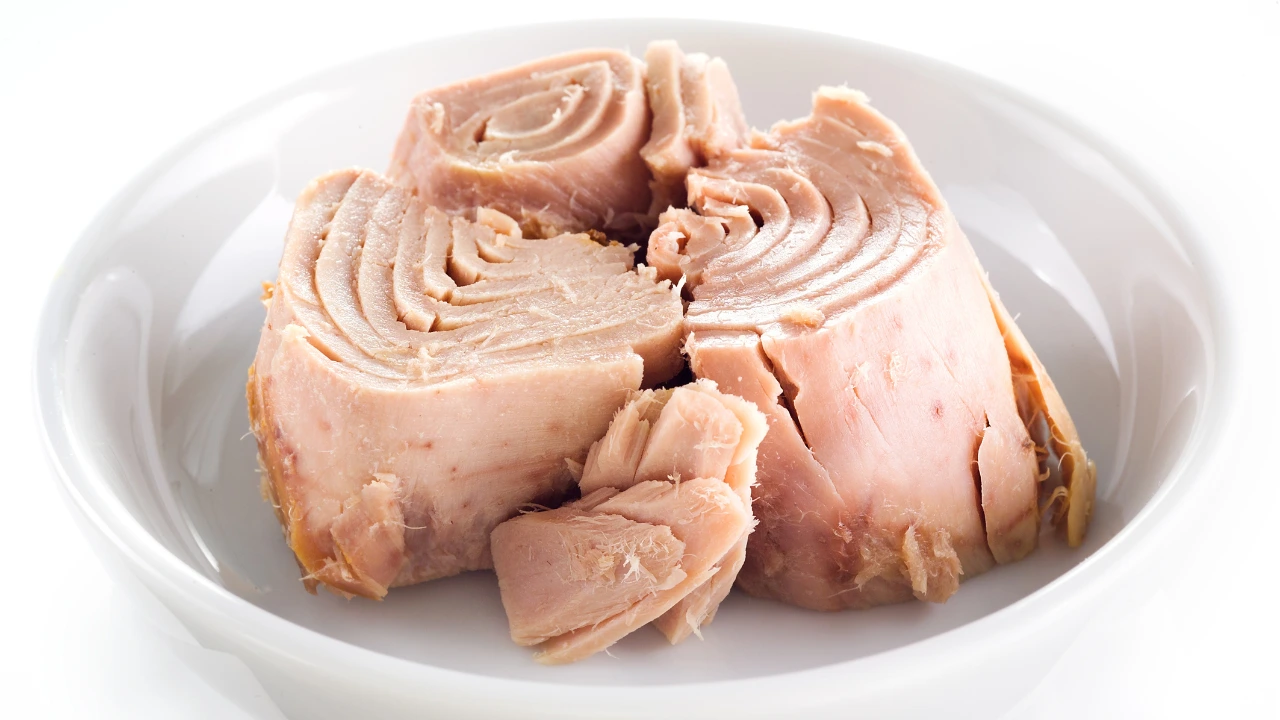
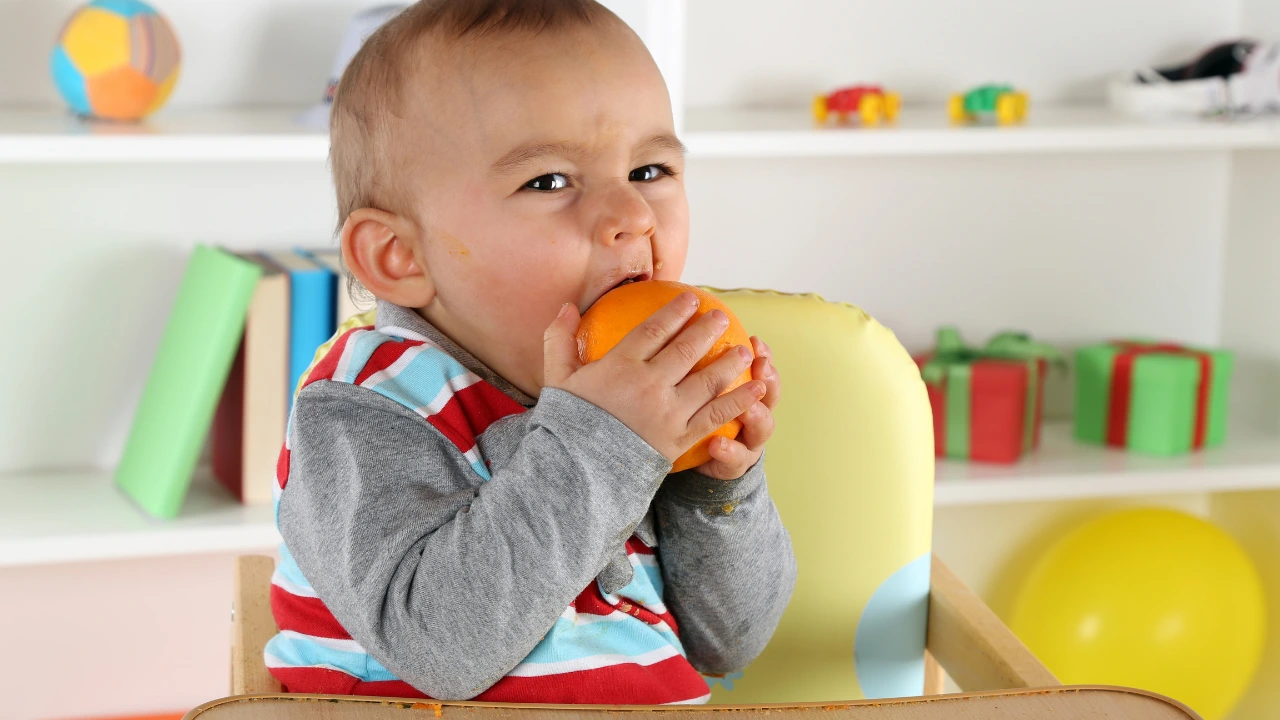
Add a Comment